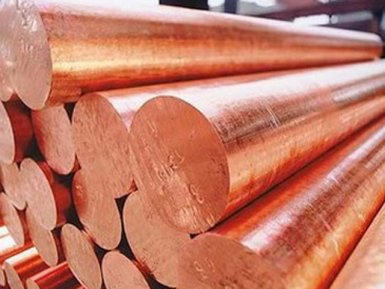Carbon tool steel

Are you interested in the properties and characteristics of carbon tool steels from the supplier AvecGlob? Here you will find interesting information on this topic.
Features of smelting
The main technological properties that qualify carbon tool steels for tooling and stamping are high resistance to wear, dimensional stability during heat treatment, strength at high temperatures and sufficient viscosity.
Instrumental non-alloy steels are high-carbon steels that melt in relatively small quantities in electric furnaces and at maximum structural homogeneity. They can be further improved by purging argon, vacuum methods or electroslag remelting.
Because of their high carbon content and, as a consequence, reduced ductility, their rolling is carried out with extreme caution and with reduced roll speeds.
Features of heat treatment
To ensure the necessary set of properties, tool steels are always subjected to heat treatment. Since parts can be distorted during heat treatment, precision parts must be semi-finished, pre-annealed. Considerable thermal deformations with such steels occur mainly after quenching, therefore one should choose a steel grade that would guarantee the required mechanical properties at the minimum allowable quenching rate (and, correspondingly, with the minimum allowable hardness).
Supplier — AvecGlob Company — offers at a reasonable price from the manufacturer a diverse range of high-speed steels that meet the technical requirements of the standard. The supplier guarantees the timely delivery of products to any address specified by the consumer.
Classification
Instrumental carbon steels are divided into several groups, mainly due to their hardenability.
Carbon tool steel of domestic production (according to GOST 1435−84) or foreign (denoted Type W AISI), in their characteristics depend only on the percentage of carbon. These steels are used for making small, medium-sized metalworking and measuring, as well as for large woodworking tools. The selected alloy is determined solely by the dimensions of the cross section of the part and the required strength of both the surface and the core.
Some high-carbon steels, formally related to structural steels, also belong to carbonaceous tool steels, but they are used for making large dies for sheet molding of plastic steels. These steels are strong enough and tough, they are not wear-resistant, like other tool steels, but they resist the sudden and repetitive (cyclic) loads. Applications include parts of pneumatic tools, chisels, punches, scissors, bolts and springs subject to moderate heating.
Supplier — AvekGlob Company — offers to purchase various brands of carbon tool steels that meet the technical standards and requirements of the standard. Products can be bought at a price formed on the basis of European and world standards of production. Implementation is possible in bulk and retail, for regular customers, a flexible system of discounts operates.


